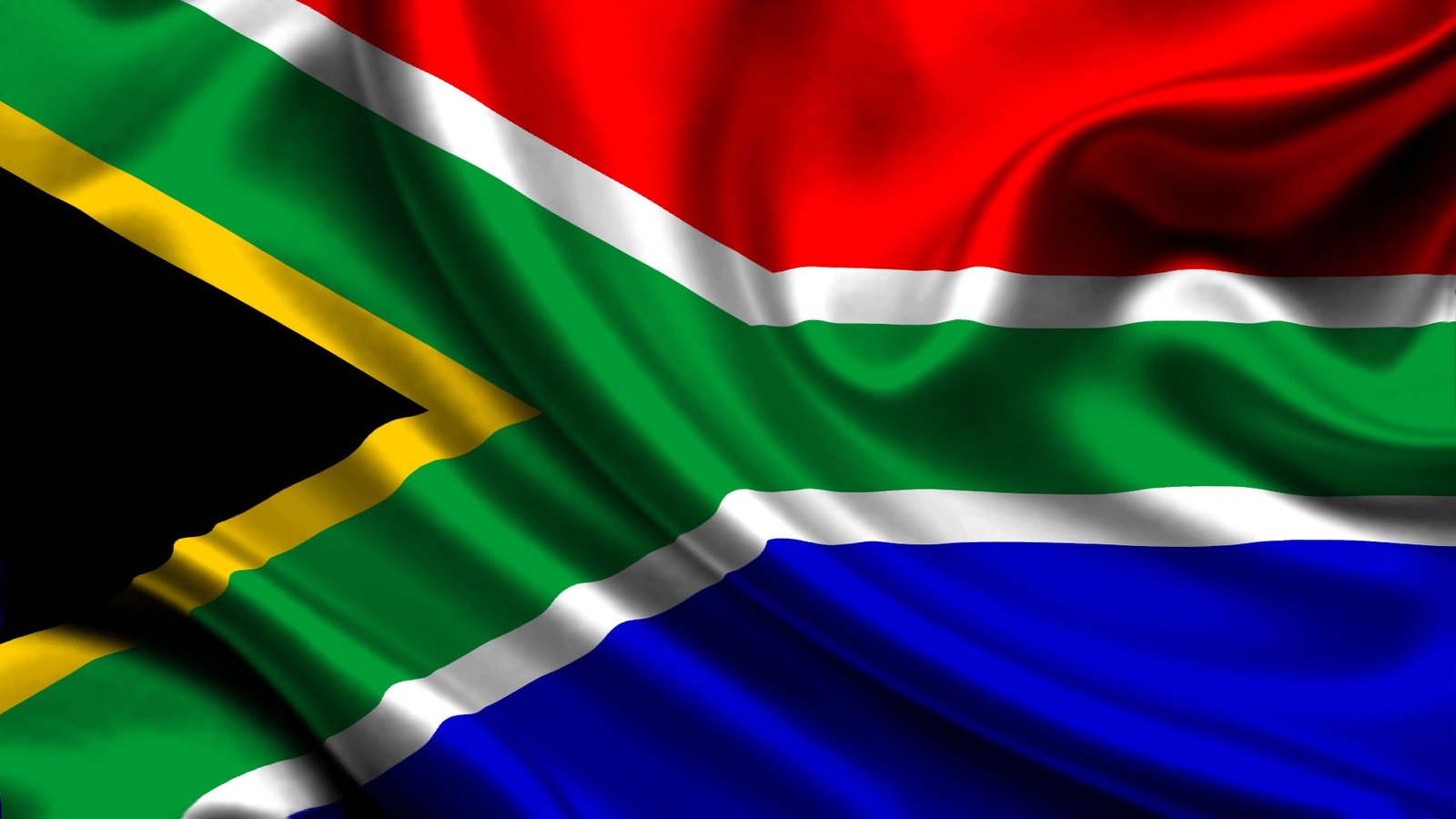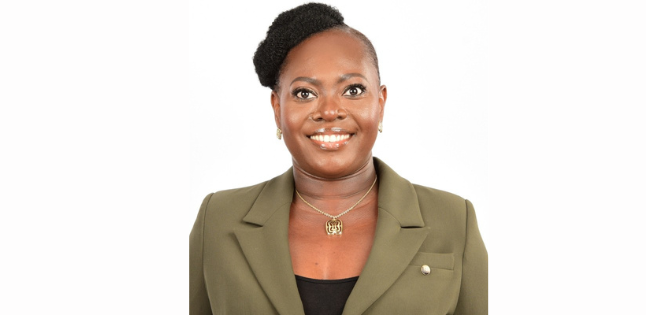

800,000 square metres of new shopping malls in South Africa – with more to come
South Africa added over 800,000 square metres of new regional shopping mall space in 2022, showing an incredibly resilient retail market despite consumer spending being under pressure.
According to the latest Brand Mapp survey, which polled 33,000 middle-class South Africans representing the country’s formal consumer base, malls have become an ingrained part of consumer culture in South Africa.
In Gauteng, middle-class South Africans visit an average of almost 4 different malls on a regular basis. In Cape Town, it’s 2.7 malls, and in KwaZulu-Natal, 2.4 malls.
The latest survey data also shows certain shifts in the popularity of iconic malls. Mall of Africa is rivalling Sandton City as the Gauteng retail mecca – meanwhile, Canal Walk is indisputably Cape Town’s centre of the shopping universe, taking the crown from the V&A Waterfront.
“Consumer choice is expanding with new mall developments that have opened in Mpumalanga, KwaZulu-Natal and the Eastern Cape. In total, there’s been around 800,000 square metres of regional shopping space developed over the past 12 months.
This includes the new R1 billion luxury mall in Umhlanga, which added 36,000 square metres of shopping space into the mix. There are even more projects in the work for the next few years, with one developer alone planning 14 retail developments, adding over 260,000 square metres of retail space.
“So, while the consumer confidence index has taken a serious knock in 2022, the other side of the coin is revealing a significant confidence in both the resilience of South African consumers and a bright future for the shopping mall in South Africa,” the group said.
The huge boost for shopping malls comes even as consumers and retailers faced massive headwinds during the year.
According to the latest BER retail trade survey, after months of resilience, the retail sector has succumbed to harsh trading environments in South Africa, leading to a drop in confidence with expected lower sales on the horizon.
Helanya Fourie, a senior economist for the Bureau for Economic Research (BER), said that elevated consumer price inflation and large interest rate hikes limit consumers’ disposable income.
This, paired with post-pandemic behavioural patterns, has likely led to consumers directing their money more towards restaurants, hotels and transport rather than conventional retailers.
BER’s retail trade survey for Q4 showed that retail confidence has dropped from 51% in the third quarter to 42% in the fourth quarter.
“Retailers expect lower sales volumes this quarter compared to the same period last year. This is true across all retail categories and reflects bleak expectations about fourth-quarter sales, despite the festive season and Black Friday.”
Clothing and footwear stores reported strong growth in sales over the course of this year. Despite this, the latest results suggest a slowing pace of recovery. There was also a noticeable drop in sales of semi-durable goods.
The overall drop in retail confidence contradicts FNB/BER Consumer Confidence Index, which showed improved consumer sentiment.
“It hints at an increased willingness to spend among consumers. If employment creation and moderately higher GDP growth (as suggested by Stats SA’s third-quarter estimates) carries through and strengthen consumers’ ability to spend, we may see retail confidence bounce back early next year,” said Fourie.
Consumer confidence is on the rise, which indicates that they are more eager to spend money. Despite the desire to spend more, the ability of consumers to do so must also improve to result in a material rise in household consumption.
“Alternatively, consumers may continue to allocate a greater share of expenditure to services.”
The positive for shopping malls, however, is that even if consumers direct their finances elsewhere, malls tend to house these as well.
Research firm Eighty20 reported in late October that shopping centres across the country have seen a significant increase in foot traffic, with people making their way back to these regional centres.
Eighty20 reported that key regional malls recovered or even exceeded pre-pandemic footfall numbers: Sandton City, Mall of Africa, Fourways, Gateway, Menlyn, The Pavillion, Canal Walk.
Regarding vehicle dealerships, the BER’s Motor Trade survey showed that confidence among vehicle traders remained stable.
This is supported by vehicle stocks recovering after the April floods in KwaZulu-Natal and the normalisation of global supply chains.
“The increase in consumer sentiment – especially among medium- and high-income consumers – may also have contributed to confidence among motor traders,” said Fourie.
Source: BusinessTech















